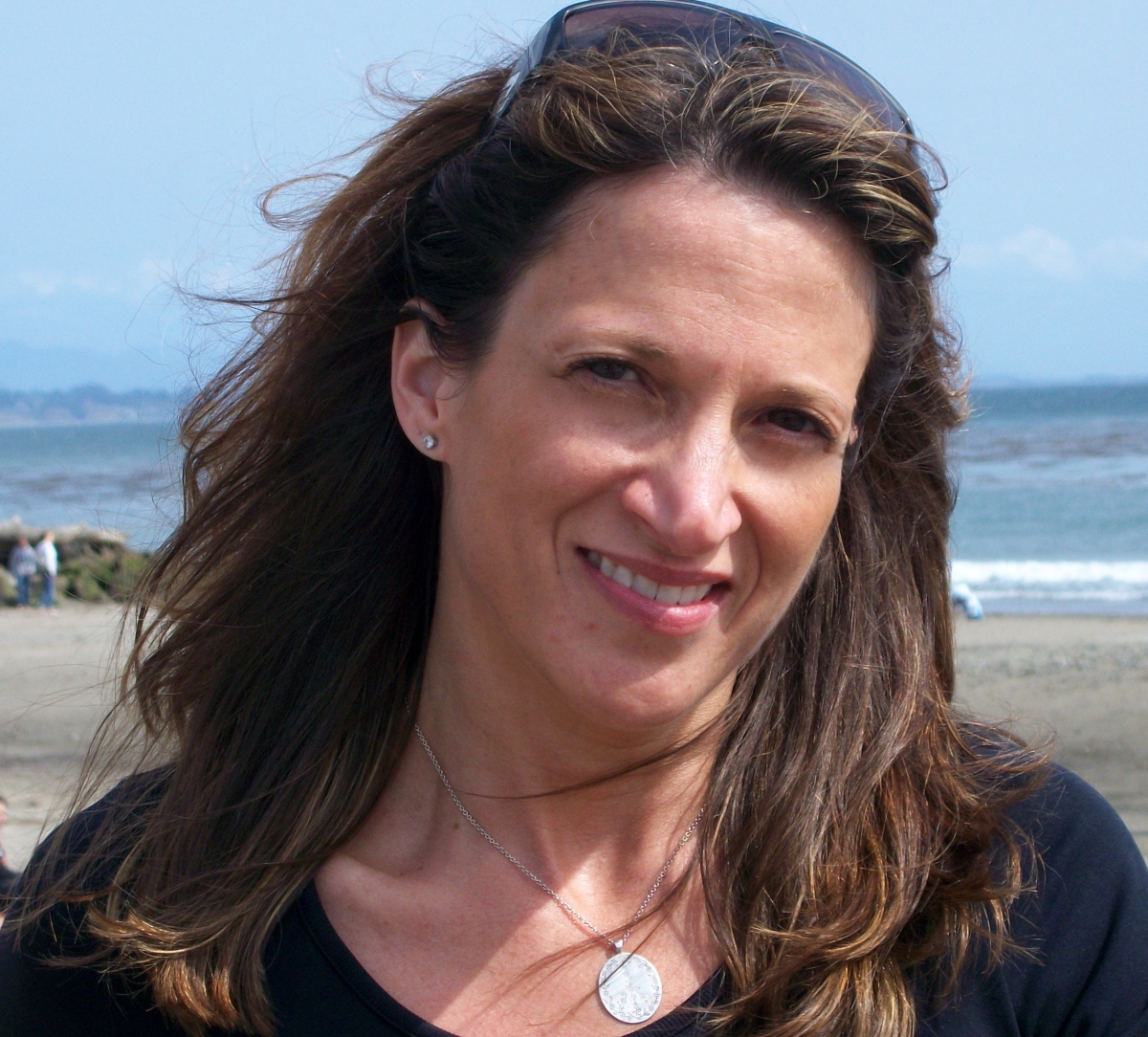New Study Suggests Yoga May Help Curb Silent Killer: Loss of Balance in Elderly

The last time you found yourself stepping onto a slippery surface there is a good chance that you used some creative balance strategies. People often slow their pace, adopt a rigid posture, shorten their stride, or drag their feet to compensate for balance challenges.
But as ice skaters can willingly attest, each of these strategies undermines balance control and increases the likelihood of falling. Unfortunately, for elderly with compromised balance, it doesn’t take a slippery surface to induce this response. Most adults notice that their joints and related supporting structures (muscles, ligaments, and tendons) stiffen and become less pliable and that muscles weaken as they age. With the loss of strength and range of motion, the ability to balance is often compromised, and fear of falling becomes a constant companion for many as they enter the later years of life.
Fear of falling is one of the top health concerns among the elderly adults. Fear generally results in postural rigidity, and the lack of flexibility needed to accommodate walking on any surface. Falls and fractures often result. Fall-related fractures pose a considerable risk for long-term disability and even death, particularly for those who are frail or have osteoporosis or osteopenia. Nearly half of elderly adults who incur a hip fracture end up in nursing homes, and as many as 37% die within a year.
Can yoga help slow or reverse the progressive loss of balance most people experience as they get older? This was the question asked by researchers at The George Institute for Global Health, in Australia, who set out to test whether regular Iyengar yoga classes may help to improve balance and mobility in elderly adults.
Fifty-four individuals in the community with an average age of 68 years (SD 7.1) who were not participating in yoga or Tai Chi, were randomly assigned to receive either twice weekly, Iyengar yoga classes focusing on standing poses for balance for 12 weeks, as well as an education booklet, (n=27), or an educational booklet only.
Researchers assessed both groups of participants before and after the 12-week yoga program. Their outcomes of interest included 1-legged standing balance time, as well as a sit-to-stand task, a timed 4-min walk, a one-legged balance posed with eyes closed, and the self-reported Short Falls Efficacy Scale-International. Average class attendance was 20 of 24 classes or 83%, which is impressive for a yoga therapy study.
At the end of the study period, those who participated in 12-weeks of yoga instruction demonstrated significant improvements in standing balance, the sit-to-stand test, 4-minute timed walk, and balance test with eyes closed. Since this was a pilot study with a low number of participants, the authors were cautious in their interpretation of these results, however their findings suggest that an Iyengar yoga intervention that is appropriately tailored to the needs of aging adults is both feasible and effective.
If you’re considering a yoga program to improve balance, this study may provide you with some incentive to get on the mat and work on your balance skills with a qualified instructor. The wonderful gift about the practice of yoga, is that the sooner you begin, the sooner you will experience a more balanced approach to life.
 B Grace Bullock, PhD, E-RYT 500 is a psychologist, research scientist, educator, author, yoga and mindfulness expert and creator ofBREATHE: 7 Skills for Mindful Relationships. Her mission is to reduce stress, increase health and wellbeing and improve the quality of relationships. She offers classes, workshops, writing and research that combine the wisdom of applied neuroscience, psychophysiology, psychology and contemplative science and practice. Her goal is to empower individuals, groups, leaders and organizations to reduce chronic stress and increase awareness, attention, compassion, mindfulness and effective communication to strengthen relationships, release dysfunctional patterns and unlock new and healthy ways of being. Dr. Bullock is a Certified Viniyoga Therapist and Faculty at the Integrated Health Yoga Therapy (IHYT) Training program. She is the former Senior Research Scientist at the Mind & Life Institute and former Editor-in-Chief of the International Journal of Yoga Therapy. For more information see www.bgracebullock.com
B Grace Bullock, PhD, E-RYT 500 is a psychologist, research scientist, educator, author, yoga and mindfulness expert and creator ofBREATHE: 7 Skills for Mindful Relationships. Her mission is to reduce stress, increase health and wellbeing and improve the quality of relationships. She offers classes, workshops, writing and research that combine the wisdom of applied neuroscience, psychophysiology, psychology and contemplative science and practice. Her goal is to empower individuals, groups, leaders and organizations to reduce chronic stress and increase awareness, attention, compassion, mindfulness and effective communication to strengthen relationships, release dysfunctional patterns and unlock new and healthy ways of being. Dr. Bullock is a Certified Viniyoga Therapist and Faculty at the Integrated Health Yoga Therapy (IHYT) Training program. She is the former Senior Research Scientist at the Mind & Life Institute and former Editor-in-Chief of the International Journal of Yoga Therapy. For more information see www.bgracebullock.com



